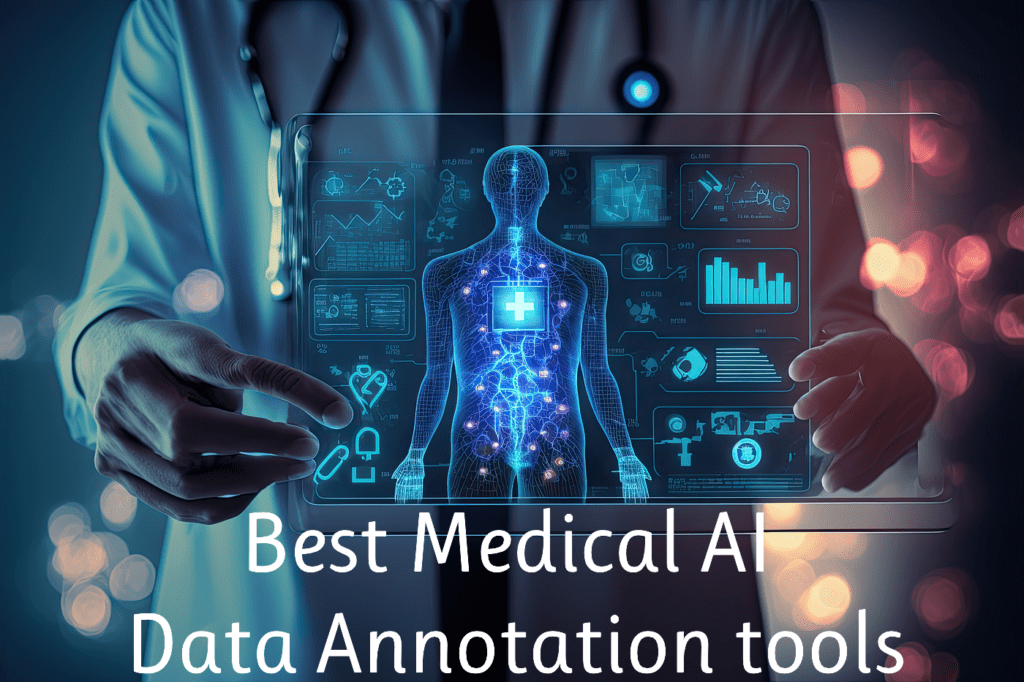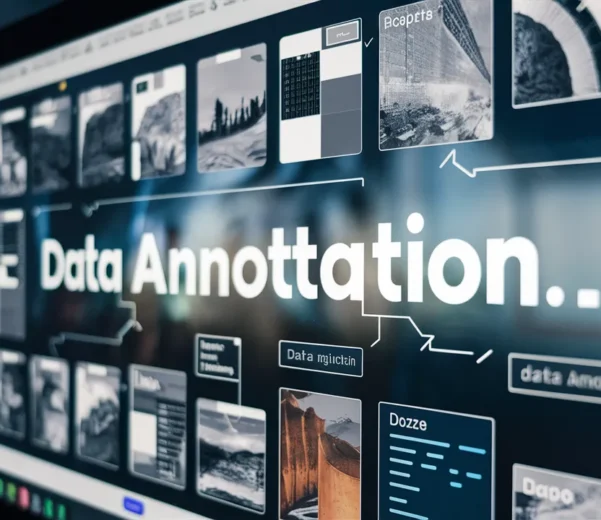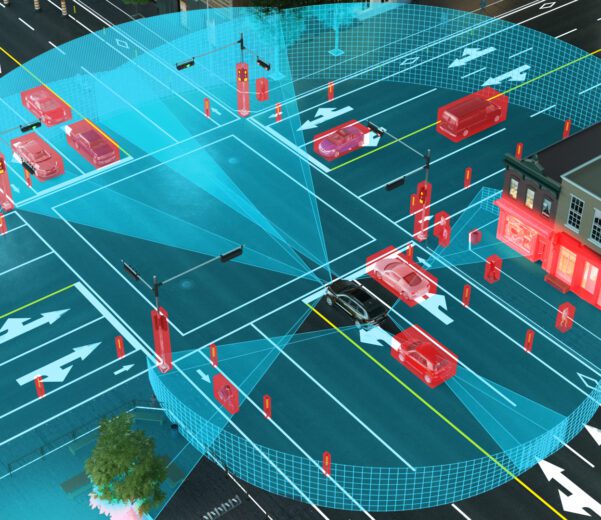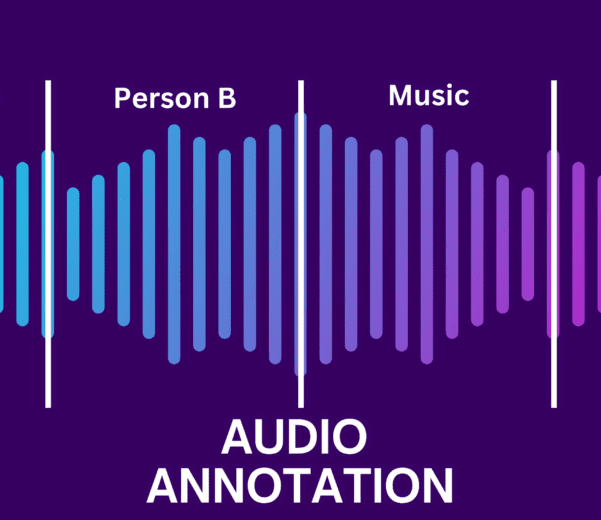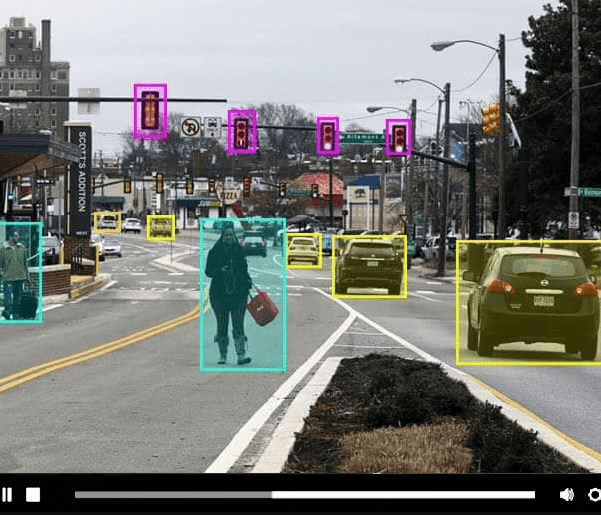Introduction
The field of medical artificial intelligence (AI) is revolutionizing healthcare. From automating disease detection in medical images to personalizing treatment plans, AI holds immense potential to improve patient outcomes and healthcare efficiency. However, the cornerstone of successful medical AI lies in the quality of the data used to train these intelligent systems. This is where medical AI data annotation tools come into play.
What is Medical AI Data Annotation?
Medical AI data annotation involves meticulously labeling and structuring medical data to train AI algorithms. This data can encompass various formats:
- Medical Images: X-rays, CT scans, MRIs, etc., requiring annotations for specific anatomical structures, lesions, or abnormalities.
- Electronic Health Records (EHRs): Clinical notes, lab reports, and other patient data needing annotations for relevant medical concepts, diagnoses, or procedures.
- Biomedical Signals: ECGs, EEGs, and other physiological signals requiring annotations for specific events or patterns.
The annotation process essentially translates the expertise of medical professionals into a format that AI algorithms can understand. High-quality annotations are crucial for building accurate and reliable medical AI models.
Challenges of Medical AI Data Annotation
Medical data annotation presents unique challenges:
- Complexity: Medical data can be highly intricate, requiring deep domain knowledge for accurate labeling. Subtle variations in anatomical structures or ambiguous findings necessitate expert judgment.
- Privacy Concerns: Patient privacy is paramount. Medical data annotation tools must comply with strict regulations like HIPAA to ensure data security and anonymization.
- Scalability: Training robust AI models often demands vast amounts of annotated data. Tools need to streamline workflows and enable efficient annotation by large teams.
- Cost: Hiring medical professionals for annotation can be expensive. Tools should optimize annotation processes to reduce time and resource requirements.
How Medical AI Data Annotation Tools Address These Challenges
Modern medical AI data annotation tools offer a range of features to overcome these hurdles:
- Specialized Annotation Workflows: These tools provide user-friendly interfaces tailored to specific medical data types, like image segmentation tools for X-rays or text tagging tools for EHRs.
- Collaboration Features: Platforms facilitate communication and collaboration between annotators, allowing for real-time feedback and consistency checks.
- Active Learning: These tools employ active learning techniques to identify data points with the highest uncertainty and prioritize them for annotation, maximizing efficiency.
- Quality Control Measures: Tools incorporate built-in quality control mechanisms to ensure annotation accuracy, including double-annotation and inter-rater reliability checks.
- Data Security and Compliance: Secure cloud platforms with role-based access control and encryption safeguard patient privacy and adhere to regulatory requirements.
Choosing the Right Medical AI Data Annotation Tool
With a growing number of medical AI data annotation tools available, selecting the most suitable option requires careful consideration. Here are key factors to evaluate:
A sophisticated platform specifically designed for medical AI teams. It offers DICOM and NIfTI image support, active learning functionalities, and robust quality control measures.

A free, open-source platform popular for its versatility and advanced image segmentation capabilities. It requires some technical expertise but caters well to research projects.
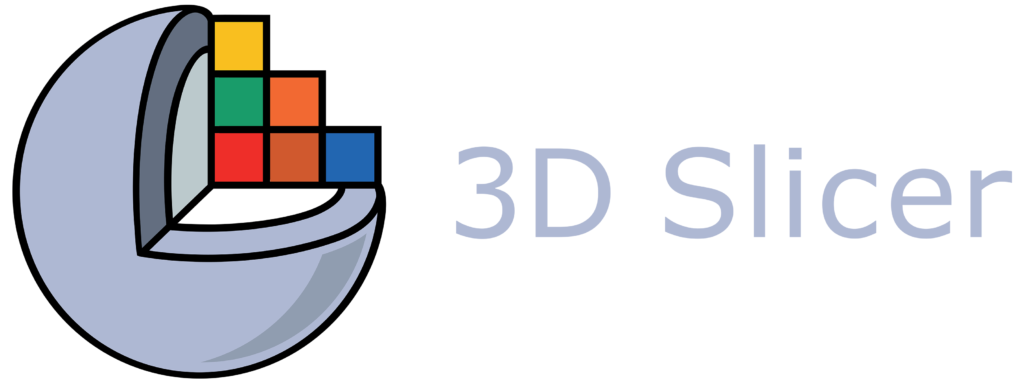
A comprehensive platform offering annotation services for various medical data formats, including images and EHRs. It emphasizes data-driven healthcare insights and ensures high annotation precision.

A user-friendly platform with a web-based interface. It supports DICOM files and offers functionalities familiar to medical professionals, facilitating a smooth learning curve.

A widely used annotation platform that can be adapted for medical data annotation



